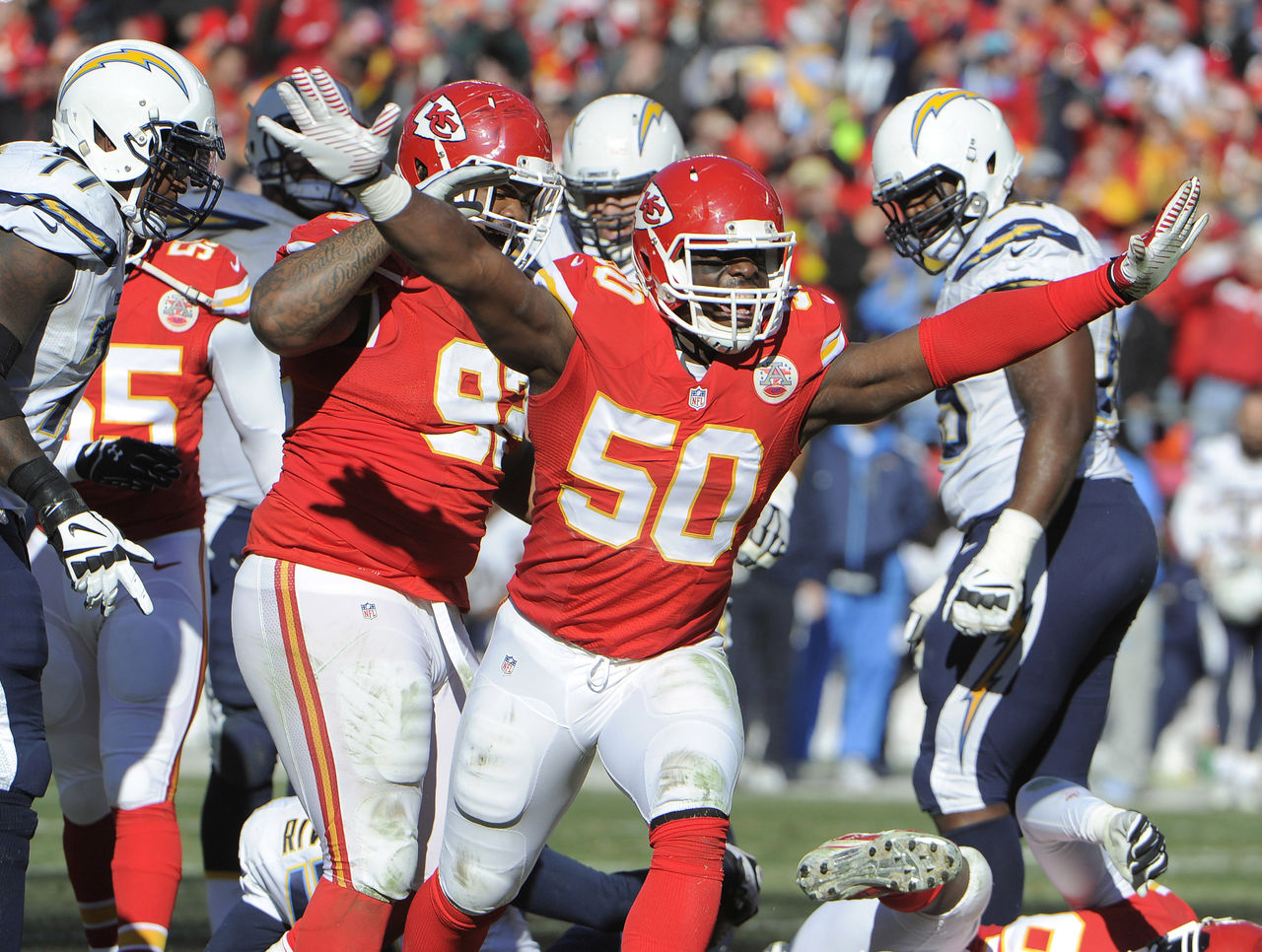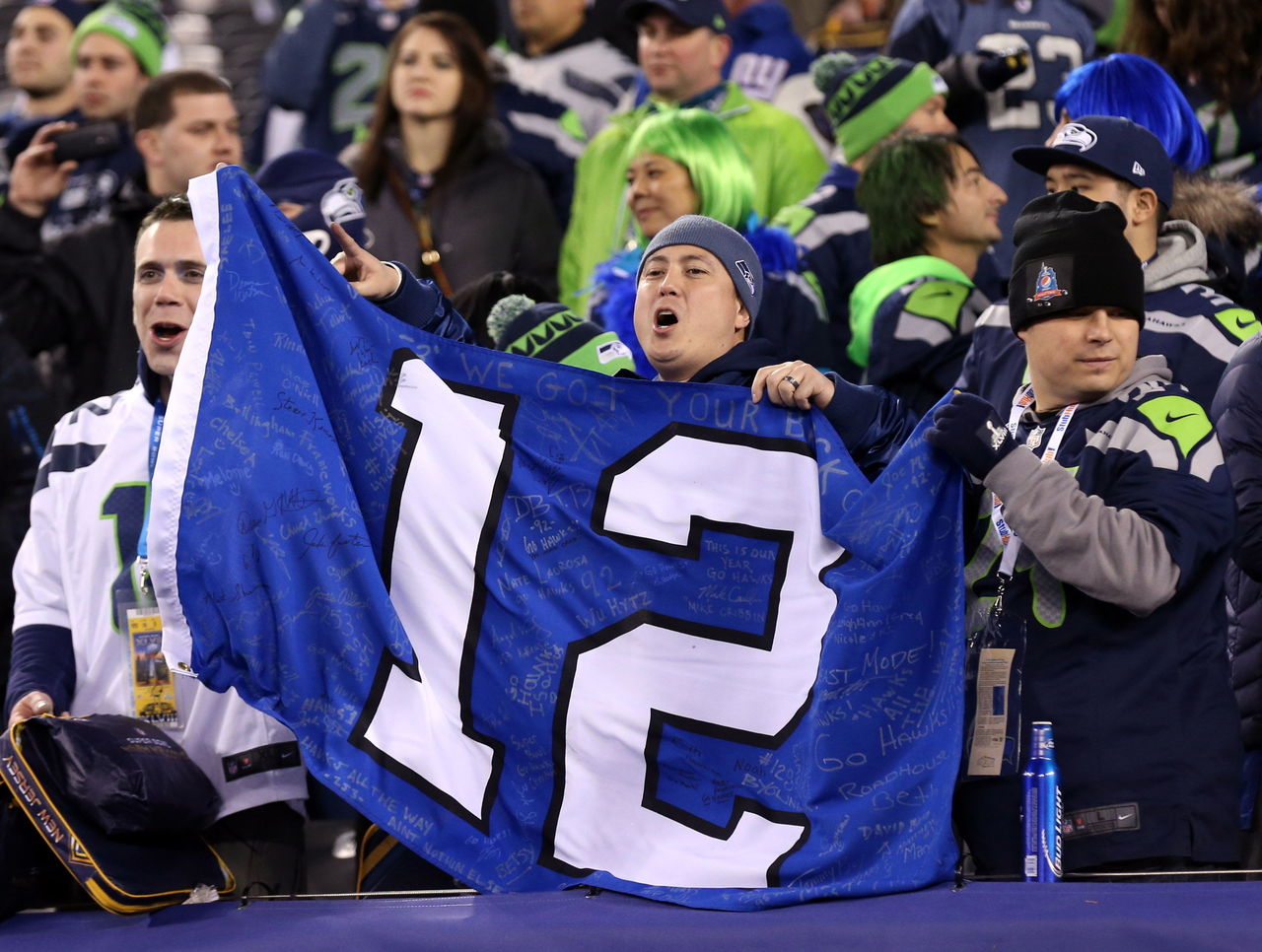When to trust team defensive stats
Team defensive stats can be skewed from time to time.
Yards allowed is often looked at first, but it's largely dependent on game flow. Turnovers are never consistent week to week and are tough to predict, though many use these stats to make important fantasy decisions.
Here is when you can trust them, and which stats you can actually trust:
Take FPA with a grain of salt
The easiest defensive stat for fantasy football players to turn to is FPA (fantasy points allowed) against each specific position. It seems pretty basic. If the Cleveland Browns allow the most fantasy points to wide receivers, then WR Jordan Matthews should have a huge week when the Eagles square off against the Browns in Week 1, right? Well, maybe.
FPA is a stat good to consider, but there is so much more that goes into it.
Sticking with the Matthews versus Browns example, much has changed since last season. After running Chip Kelly's up-tempo scheme in 2015, the Eagles will run a much more conservative attack under Doug Pederson.
With Pederson a longtime assistant of Andy Reid, don't expect the offense to be fantasy-friendly to WRs. Since Reid became a head coach in 1999, only once did he have a WR with at least 1,000 receiving yards and 10 touchdowns (Terrell Owens in 2004).
The Browns, on the other hand, have a new coaching staff. Ray Horton is the new defensive coordinator on Hue Jackson's staff. Horton was actually the DC of the Browns in 2013. That year, their defense actually wasn't a complete disaster, allowing the ninth-fewest yards in the league.
In this Week 1 matchup, Matthews will likely see a lot of Joe Haden, Cleveland's top corner who missed 11 games last season due to injury. With Haden back, the Browns' pass coverage will be much improved. When Haden played for Horton in 2013, he had four interceptions, 20 passes defended and made the Pro Bowl.
FPA is good to look at, but be sure to do your research with each individual matchup before choosing which player to start in fantasy.

Don't overreact to early season numbers
This is one of the biggest mistakes fantasy players make. Even if a defense has a bad few weeks, we shouldn't go thinking that just anyone can have a huge game against it. The best example of this is the Kansas City Chiefs.
The 2015 Chiefs got off to a terrible start. They were 1-3 after the first four games, gave up 31.3 points per contest while forcing just three turnovers. Many seemed to write them off, despite the presence of playmakers like Justin Houston, Tamba Hali, Derrick Johnson and Eric Berry.
From Week 5 onward, the Chiefs went 10-2, allowing 13.5 points per game and forcing 26 turnovers.
Fantasy players surely rostered players from the Bears, Vikings and Steelers in Weeks 5, 6 and 7 with expectations of big games, but were likely disappointed. Never discount a talented defense with a track record of success, even if it stumbles out of the gate.

Don't trust sack totals
Everyone loves the sack numbers. Sacks are great. It is the reason why Von Miller is making $114 million. Yet, they can often be overrated at times when it comes to evaluating a defense.
Sacks are crucial to providing fantasy points for a defense, but like turnovers, they can be tough to predict. Hurries are a more useful overall metric. If a team has a lot of hurries, knockdowns and QB pressures, the sacks are bound to follow. With hurries will also come turnovers.
Using the Chiefs as an example once again, they led the NFL with 152 hurries, and unsurprisingly finished second in the league with 22 interceptions.
Many of these tips all float back to individual matchups. Don't assume just because a team has a lot of sacks that they will continue to get to the quarterback each week.
Look at the opponent's offensive line. Is it good in pass protection? Are there any weak links on the offensive line that a defense could exploit? How quickly does the QB get the ball out of his hands? How does he handle the blitz? All of these questions need to be answered before choosing your defense.

Home field advantage is critical
Home field advantage in football is an advantage like no other. If a stadium is deafeningly loud, the away team's offense might have to use a silent snap count, which often leads to confusion, missed assignments and penalties.
In the past five seasons, home teams have recorded more sacks, allowed a lower QB rating and allowed fewer rushing touchdowns each year. Whether you're streaming defenses or playing daily fantasy, home field advantage is the one factor you can always trust.
HEADLINES
- Judge after 2-HR spring debut: Yankees have 'unfinished business'
- Canada favored over U.S. in Olympic gold-medal game
- Suns' Booker out at least 1 week with right hip strain
- Cardinals sign Ramón Urías to 1-year deal with 2027 mutual option
- Ohtani to play a few Cactus League games before joining Japan for WBC